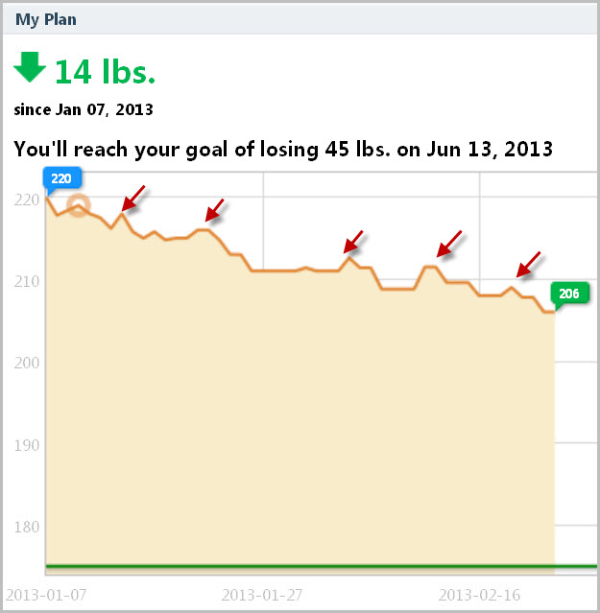In the world of traditional advertising and marketing, where companies are forced to “rent” the attention of an audience from someone else, large, well-heeled companies have a major advantage over the little guys. Think about what it costs to run an ad during the Super Bowl. Advertising initiatives like this are simply not a practical option for most small companies.
On the web, things are different. When it comes to attracting attention online, small businesses have an enormous advantage over their larger competitors. While a large company is waiting for approval from legal, the small company can act quickly and use creative content to garner massive amounts of virtually free attention.
So, why don’t more small businesses take (full) advantage of the web to crush their larger competitors?
I’ll offer one reason …
Small businesses start down the path of going “all in” with a particular web marketing strategy, but stop prematurely. Why? Because they fail to do what big companies do well—use data to make better decisions.
It’s the small company that creates a YouTube channel and produces a few videos, but then stops because they perceive that the effort isn’t working.
It’s the local plumbing company that builds a new website and begins to blog. Their leads go from zero to five in just a few short months, but they stop because the effort seems disproportionately high for the results they’re getting. What they don’t realize is that the same blog posts created in month one can generate leads for YEARS to come. In other words, the work done builds on itself and creates a wave of ongoing future results.
The solution is simple—accurately track everything.
Stop relying on your gut intuition to determine whether to continue a particular marketing initiative or cut bait and move on. Rather than give you another business example of how data can help you hold the course, let me offer something more personal.
Some of you know that I started a diet on January 7, 2013. I’m using a combination of an iPhone app called Loseit (loseit.com) and intermittent fasting. When my family, friends, and co-workers caught wind of my “wacky” idea, they were quick to criticize.
People said it was unhealthy. People said that the fasting would cause my metabolism to drop—making it harder and harder to lose weight. People told me that it wouldn’t work and tried to get me to change directions.
At various points, I almost listened.
Take a look at this:

There have been several points (highlighted with arrows in the image above) where I almost abandoned my weight loss strategy. When you hop on the scale and it’s suddenly two pounds heavier than the day before—and you’re closely watching what you eat—the voices of the doubters suddenly become much louder.
You start to think … maybe they’re right … maybe my metabolism IS dropping. If you’re lucky, you hold the course and a few days later, you’ve not only lose the extra two pounds, but an additional two on top of that. In an instant, your spirits are lifted and your willpower renewed.
As you collect more data, it becomes easier and easier to see a temporary rise in your weight or a short-term plateau as exactly what it is … a temporary stop in the journey to your long-term destination.
Small business marketing is no different.
When you’re new to the world of data-driven marketing and you don’t have much money, it’s hard to hold the course.
It’s hard to keep paying $2,500 per month for SEO when that little voice in your gut keeps saying that it’s not working.
It’s hard to spend $1,000 per month on something that one of your business-owner buddies tells you he’s getting for $199 per month.
It’s difficult to see why you should pay money to track your advertising and marketing when your budget is minuscule.
But the key statement here is “when you’re new to the world of data-driven marketing.”
Business owners that have embraced analytics don’t have nearly as difficult a time testing new advertising and marketing strategies.
They don’t use their gut intuition to measure the results of the money they spend on SEO.
They don’t listen to their (idiot) business owner friends who say that PPC is a waste.
They put accurate tracking in place (yes, even if they have to pay for it out of their tiny budget), they test, they gather a meaningful amount of data, and then—and only then—do they make decisions.
You can argue with me about how you’re different; how you’re unique … or you can start being data-driven and meet me on the beach this summer (although do me a favor and leave your banana hammock at home).











